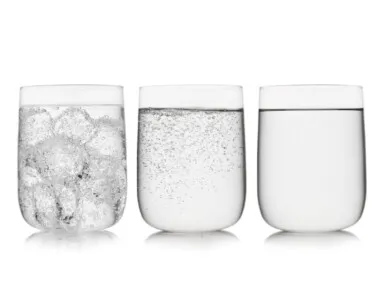Water keeps us alive, but did you know not all water is created equal? From tap water to fancy bottled options like spring water or alkaline water, each has its own qualities. The taste, the health perks, and even the environmental footprint can vary significantly.
In this article, we’re breaking it all down — what makes each type of water unique, how it affects your health, and why it matters for your daily hydration game. Get ready to sip smarter and maybe even find a new favorite!
In This Article
- Overview of Common Water Types
- Understanding Water Contaminants
- Nutritional Value of Different Waters
- How Filtration and Softeners Alter Water Types
- Making the Best Choice for Your Hydration Needs
- Frequently Asked Questions



